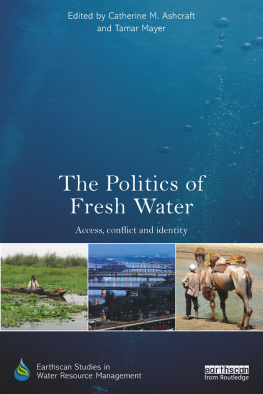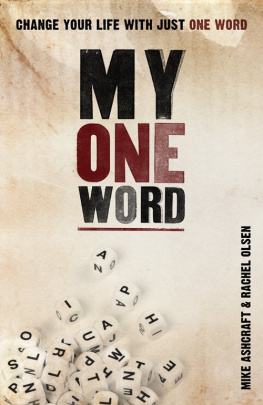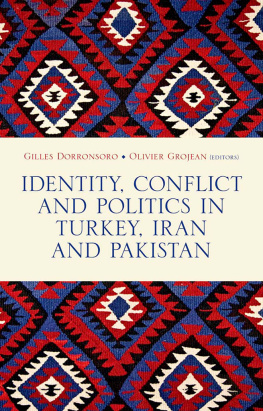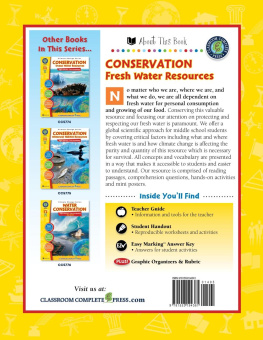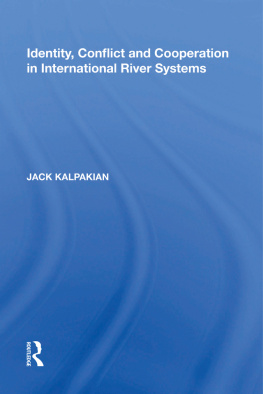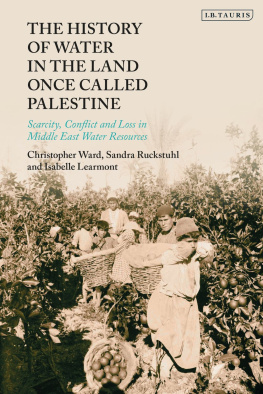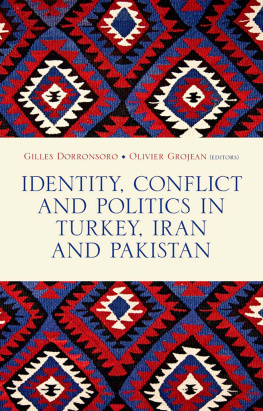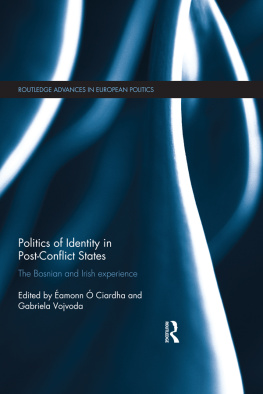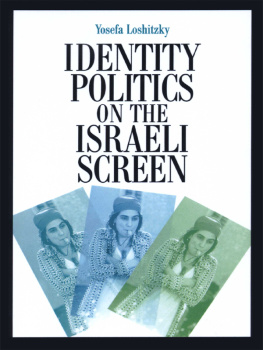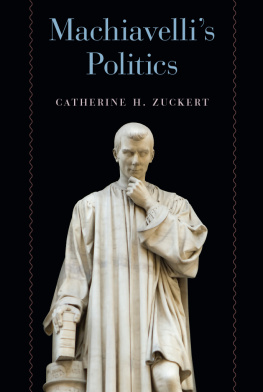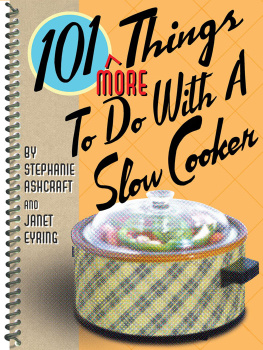Catherine M Ashcraft - The Politics of Fresh Water: Access, Conflict and Identity
Here you can read online Catherine M Ashcraft - The Politics of Fresh Water: Access, Conflict and Identity full text of the book (entire story) in english for free. Download pdf and epub, get meaning, cover and reviews about this ebook. year: 2016, publisher: Routledge, genre: Politics. Description of the work, (preface) as well as reviews are available. Best literature library LitArk.com created for fans of good reading and offers a wide selection of genres:
Romance novel
Science fiction
Adventure
Detective
Science
History
Home and family
Prose
Art
Politics
Computer
Non-fiction
Religion
Business
Children
Humor
Choose a favorite category and find really read worthwhile books. Enjoy immersion in the world of imagination, feel the emotions of the characters or learn something new for yourself, make an fascinating discovery.
- Book:The Politics of Fresh Water: Access, Conflict and Identity
- Author:
- Publisher:Routledge
- Genre:
- Year:2016
- Rating:4 / 5
- Favourites:Add to favourites
- Your mark:
- 80
- 1
- 2
- 3
- 4
- 5
The Politics of Fresh Water: Access, Conflict and Identity: summary, description and annotation
We offer to read an annotation, description, summary or preface (depends on what the author of the book "The Politics of Fresh Water: Access, Conflict and Identity" wrote himself). If you haven't found the necessary information about the book — write in the comments, we will try to find it.
The Politics of Fresh Water: Access, Conflict and Identity — read online for free the complete book (whole text) full work
Below is the text of the book, divided by pages. System saving the place of the last page read, allows you to conveniently read the book "The Politics of Fresh Water: Access, Conflict and Identity" online for free, without having to search again every time where you left off. Put a bookmark, and you can go to the page where you finished reading at any time.
Font size:
Interval:
Bookmark:
Hydropower Development on the Mekong River
Yumiko Yasuda
Ben Boer, Philip Hirsch, Fleur Johns, Ben Saul and Natalia Scurrah
Edited by Janice Gray, Cameron Holley and Rosemary Rayfuse
Local Politics, Meaning and Place
Lia Bryant with Jodie George
Challenges and new investments
Edited by Emil Sandstrm, Anders Jgerskog and Terje Oestigaard
A comparative perspective
Mohamad Mova AlAfghani
Beyond the public and private sector debate
Edited by Dominique Lorrain and Franck Poupeau
Bridging Transboundary River Basins
Andrea Haefner
A comparative legal approach
Katherine Owens
Access, conflict and identity
Edited by Catherine M. Ashcraft and Tamar Mayer

by Routledge
2 Park Square, Milton Park, Abingdon, Oxon OX14 4RN
711 Third Avenue, New York, NY 10017
A catalogue record for this book is available from the British Library
Names: Ashcraft, Catherine M., editor. | Mayer, Tamar, 1952-editor.
Title: The politics of fresh water : access, conflict and identity / edited by Catherine M. Ashcraft and Tamar Mayer.
Description: London; New York: Routledge, [2017] | Includes bibliographical references and index.
Identifiers: LCCN 2016027943| ISBN 9781138859227 (hbk : alk. paper) | ISBN 9781315717432 (ebk : alk. paper)
Subjects: LCSH: Water supplyPolitical aspects. | Water resources developmentPolitical aspects. | Watershed managementPolitical aspects. | Water securityPolitical aspects. | Water rights.
Classification: LCC HD1691 .P623 2017 | DDC 333.91--dc23
LC record available at https://lccn.loc.gov/2016027943
ISBN: 978-1-315-71743-2 (ebk)
by HWA Text and Data Management, London
Font size:
Interval:
Bookmark:
Similar books «The Politics of Fresh Water: Access, Conflict and Identity»
Look at similar books to The Politics of Fresh Water: Access, Conflict and Identity. We have selected literature similar in name and meaning in the hope of providing readers with more options to find new, interesting, not yet read works.
Discussion, reviews of the book The Politics of Fresh Water: Access, Conflict and Identity and just readers' own opinions. Leave your comments, write what you think about the work, its meaning or the main characters. Specify what exactly you liked and what you didn't like, and why you think so.

